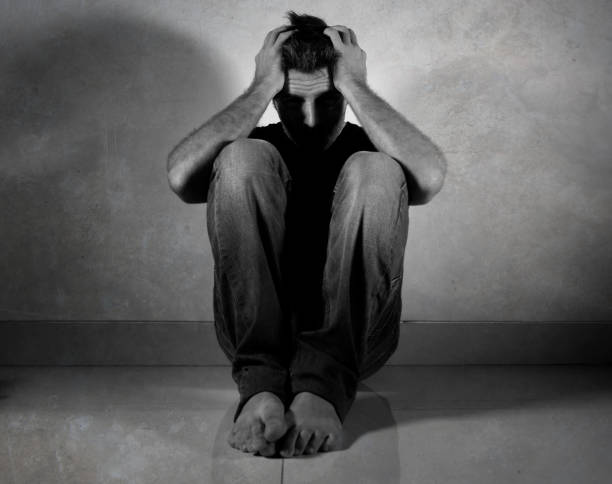Drug and alcohol abuse are the two most prevalent forms of substance abuse in the world today. Substance abuse is a global problem, with over a billion people affected around the world. While the reasons for substance abuse are varied, a general consensus points to a single, primary cause: emotional distress.
Emotional distress is a broad term used to describe a range of mental health issues, including depression, anxiety, and post-traumatic stress disorder (PTSD). Those who suffer from serious emotional distress often find it difficult to cope with their own emotions and resort to drugs and alcohol to try and dull the pain. Unfortunately, this doesn’t just provide temporary relief; it leads to a cycle of addiction that can be difficult to break.
The relationship between emotional distress and substance abuse is bidirectional. Not only do those suffering from emotional distress use drugs and alcohol to cope, but substance abuse also increases the chances of developing depression and other mental health issues. This is in part due to the changes in neurochemicals that alcohol and drugs can cause.
For instance, alcohol and drugs act on the brain’s reward center, which causes the person to feel pleasure when taking a drug or drinking. Over time, this can interfere with the natural balance of neurotransmitters in the brain, making it difficult to experience pleasure in other, healthier ways or to regulate emotions in a healthy way. As a result, those who abuse substances are at increased risk of developing emotional distress, which in turn increases their chances of ongoing substance abuse.
Thus the relationship between emotional distress and substance abuse is a vicious cycle; both can lead to and magnify the other, creating a cycle of addiction that is very difficult to break.
There are, of course, other factors that can lead to substance abuse, such as peer pressure and mental or physical illness. However, emotional distress is the primary cause of substance abuse. Thus, understanding and recognizing emotional distress in those around us is an important step in preventing or managing substance abuse.
Treating substance abuse requires more than simply ceasing drug and/or alcohol use. Those struggling with addiction must also address underlying issues such as emotional distress. Professional help is often required; counseling or therapy can be beneficial alongside medication to help manage the distress and enable the addict to lead a healthier life.
In conclusion, emotional distress is the primary reason people abuse substances. Understanding and recognizing this cause is the first step in addressing substance abuse. Professional help is necessary to manage both the addiction and the emotional distress to ensure the best possible outcome.









